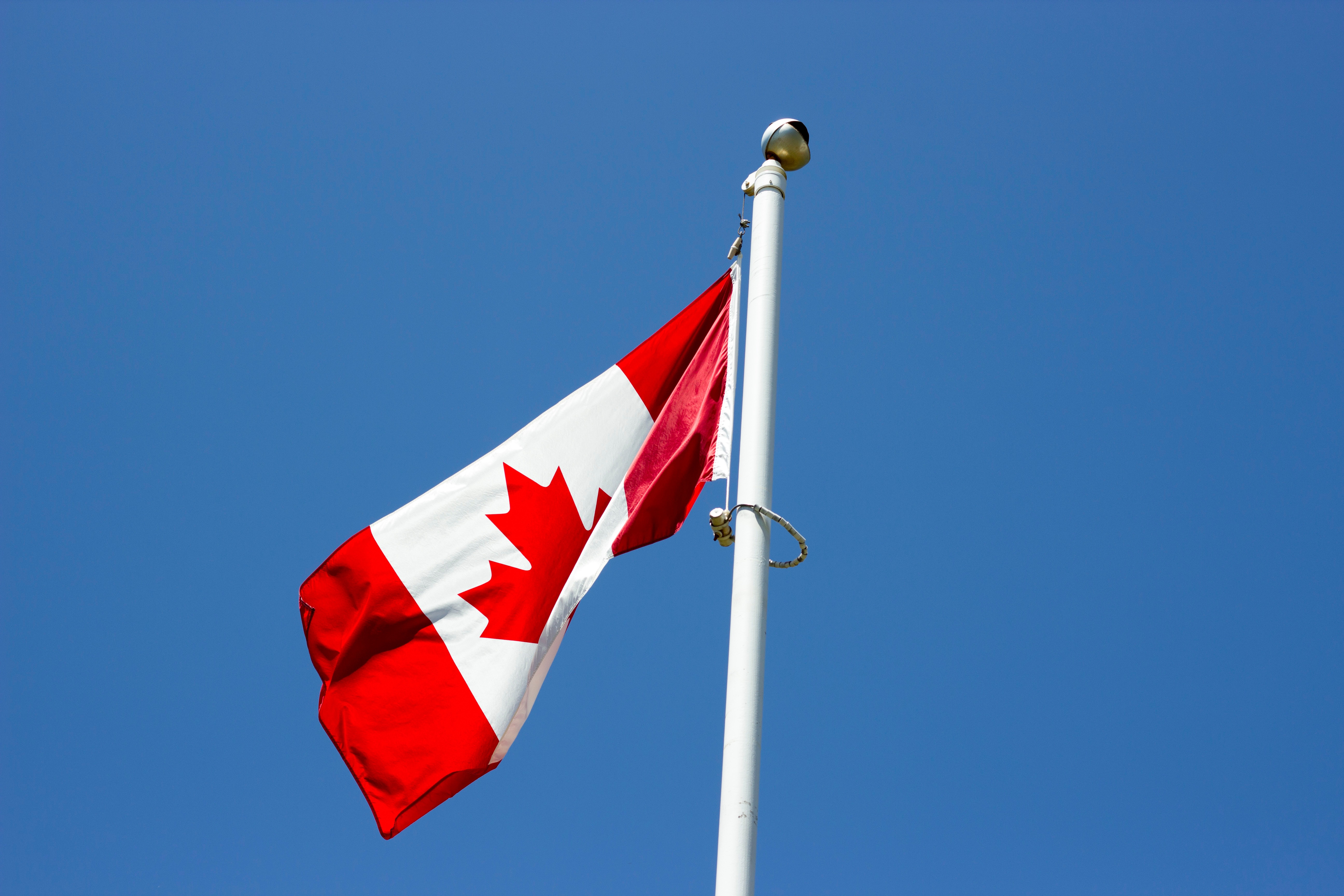New taxes on capital gains mean more capital pains for Canadians as they endure another tax-grabbing, heavy-spending federal deficit budget.
Going forward, the inclusion rate increases to 66 per cent, up from 50 per cent, on capital gains above $250,000 for people and on all capital gains for corporations and trusts. The change will affect 307,000 businesses and see Ottawa, according to probably optimistic projections, rake in an additional $19.4 billion over four years.
A wide chorus of voices have justifiably condemned this move. If an asset is sold for more than it was bought for, the government will apply your highest marginal rate of tax to two-thirds of the increased value because half is no longer enough. It’s pure government greed.
If you were an investor or a young tech entrepreneur looking for somewhere to set up shop, would you choose Canada? And if you’re already that investor, how hard would you work to appreciate your assets when the government seizes much of the improvement?
Even before this budget, the OECD predicted Canada would have the lowest growth rates in per-person GDP up to 2060 of all its member countries.
In a speech in Halifax on March 26, Bank of Canada senior deputy governor Carolyn Rogers put the productivity problem this way: “You’ve seen those signs that say, ‘In emergency, break glass.’ Well, it’s time to break the glass.”
What can Canadians bash now? Their heads against a wall?
Even former Liberal Finance Minister Bill Morneau told the Financial Post the capital gains tax increase would be “very troubling for many investors.” He added, “I don’t think there was enough effort in this budget to reduce spending, to create that appropriate direction for the economy.”
No kidding. Not since the first Prime Minister Trudeau (Pierre) have Canadians been able to count so reliably on deficit spending, higher expenditures, and more taxes.
Long ago, it seems now, when Justin Trudeau was not yet prime minister, he campaigned on “a modest short-term deficit” of less than $10 billion for each of the first three years and a balanced budget by the 2019-2020 fiscal year.
His rationale was that low interest rates made it a rare opportunity to borrow and build infrastructure, all to encourage economic growth. Of course, the budget never balanced itself and Canada has lost $225 billion in foreign investment since 2016.
The deficits continue though the excuse of low interest rates is long gone. Despite higher carbon and capital gains taxes, this year’s deficit will match last year’s: $40 billion. Infrastructure seems less in view than an ever-expanding nanny state of taxpayer-funded dental care, child care, and pharmacare.
Of course, the Trudeau deficits were not as modest as advertised, and all-time federal debt has doubled to $1.2 trillion in less than a decade. Debt interest payments this coming fiscal year will be $54.1 billion, matching GST revenue and exceeding the $52 billion of transfers to the provinces for health care.
In 1970, columnist Lubor Zink quoted Pierre Trudeau as saying, “One has to be in the wheelhouse to see what shifts are taking place . . . The observer . . . on the deck . . . sees the horizon much in the same direction and doesn’t realize it but perhaps he will find himself disembarking at a different island than the one he thought he was sailing for.”
Like father, like son, Justin Trudeau has captained Canada to a deceptive and unwelcome destination. What started as Fantasy Island is becoming Davy Jones’ Locker.
Lee Harding is a Research Fellow at the Frontier Centre for Public Policy



